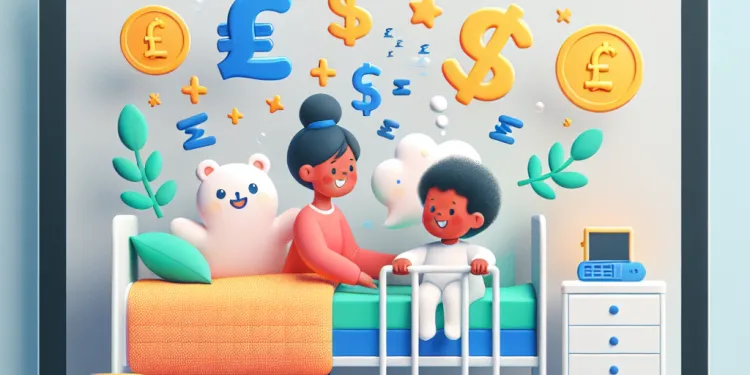
Find Help
More Items From Ergsy search
-
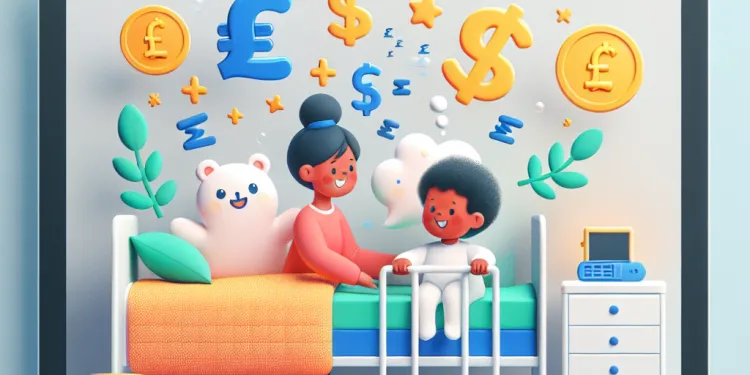
Can children have sleep apnea?
Relevance: 100%
-
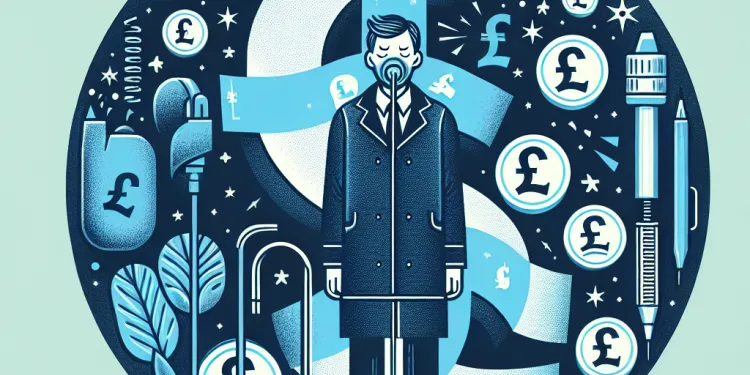
What is sleep apnoea?
Relevance: 85%
-
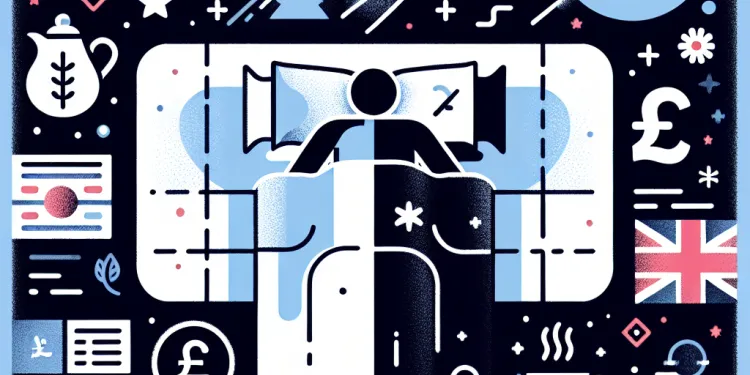
What is sleep apnea?
Relevance: 85%
-
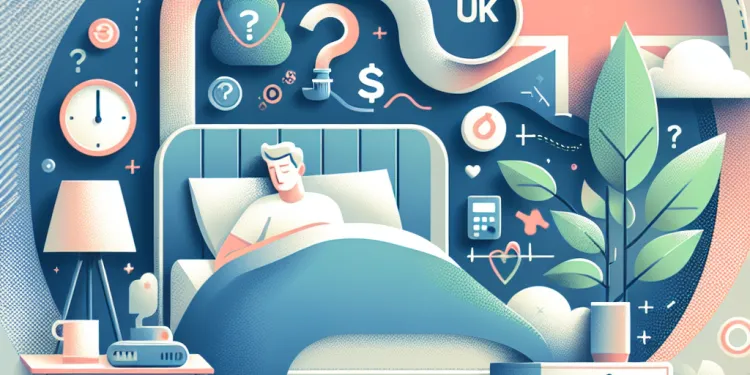
How common is sleep apnea?
Relevance: 84%
-

Does sleep apnea occur only in adults?
Relevance: 83%
-
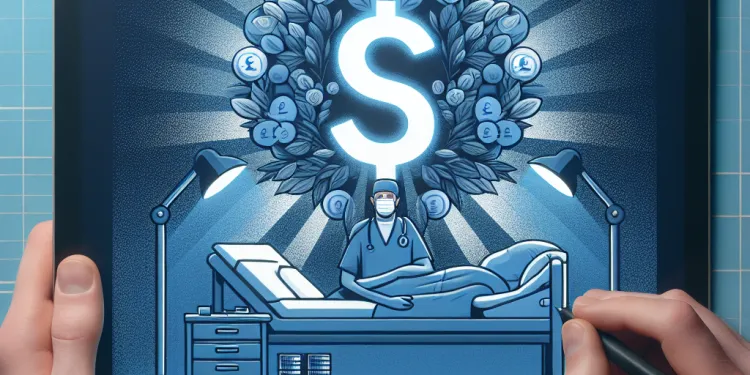
Can sleep apnea be cured?
Relevance: 81%
-
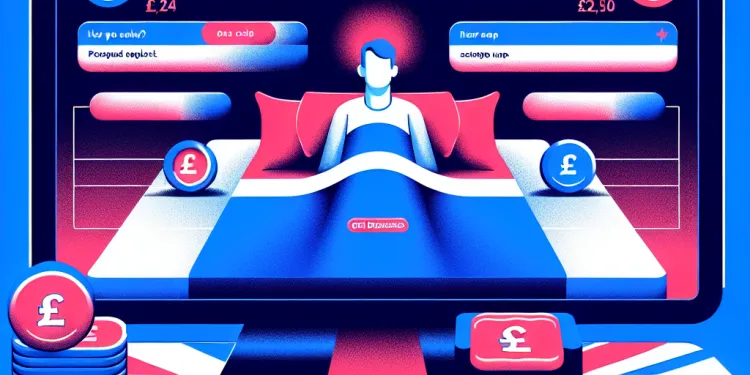
How is sleep apnea diagnosed?
Relevance: 81%
-
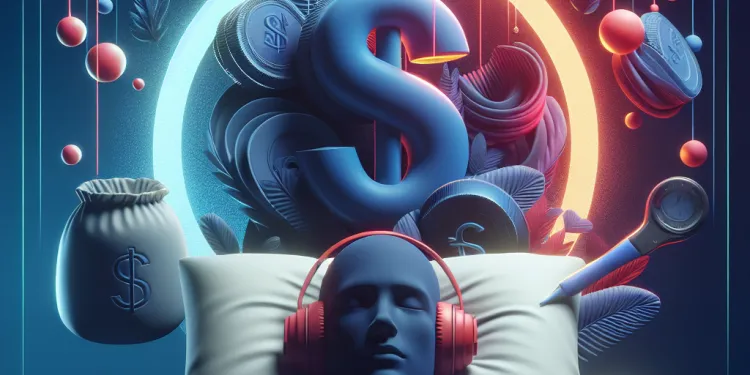
Why is sleep apnea dangerous?
Relevance: 79%
-
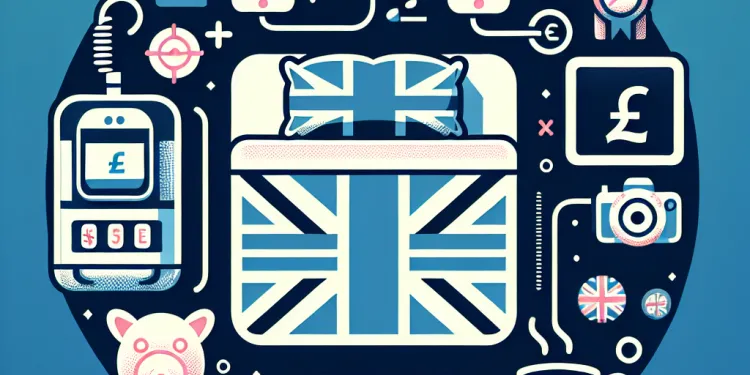
What are the main types of sleep apnea?
Relevance: 78%
-
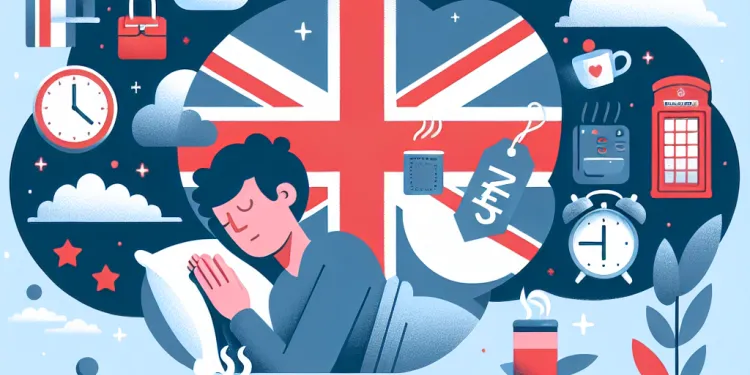
What are common symptoms of sleep apnea?
Relevance: 78%
-
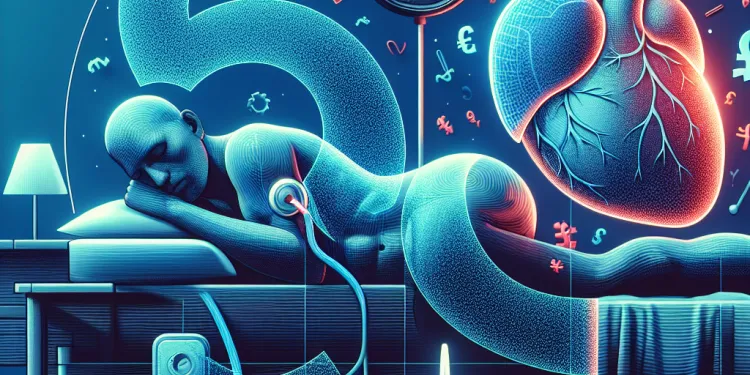
What is complex sleep apnea syndrome?
Relevance: 78%
-
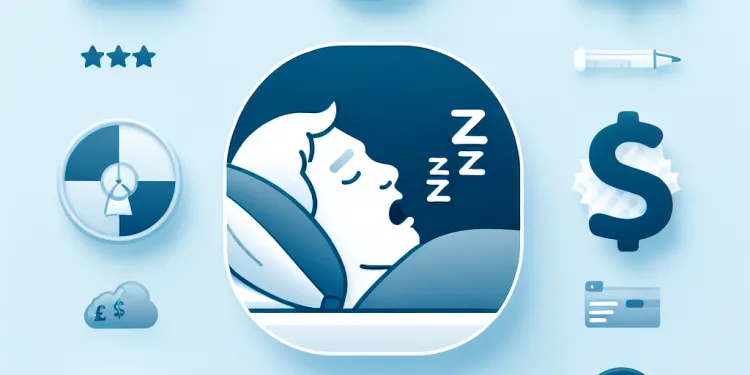
Is snoring always a sign of sleep apnea?
Relevance: 77%
-
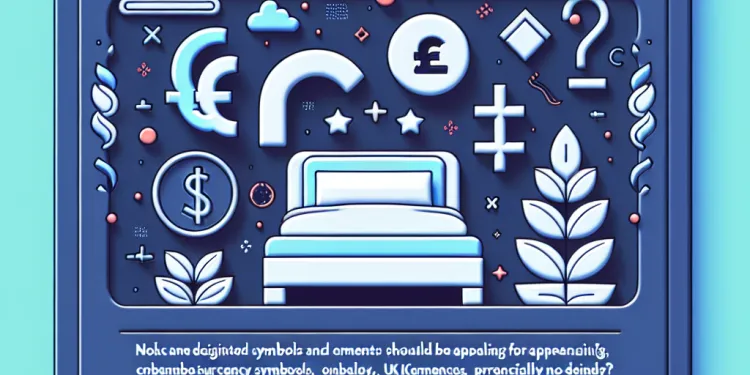
What causes obstructive sleep apnea?
Relevance: 76%
-
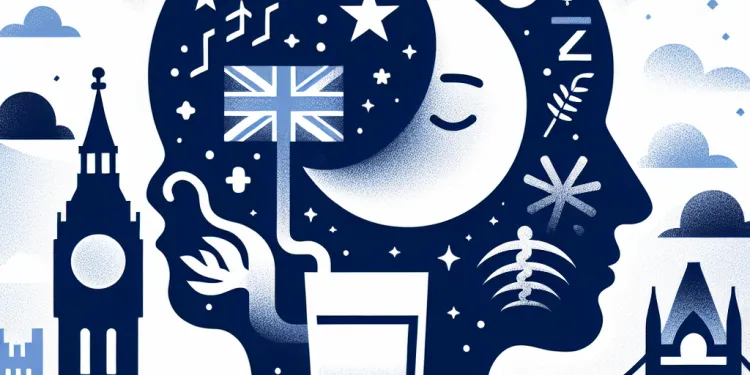
Can alcohol worsen sleep apnea?
Relevance: 76%
-

What is complex sleep apnea syndrome?
Relevance: 75%
-

What should I do if I suspect I have sleep apnea?
Relevance: 75%
-
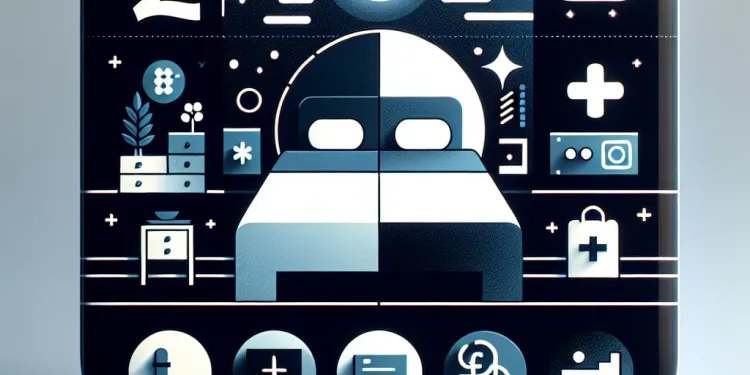
What treatments are available for sleep apnea?
Relevance: 75%
-
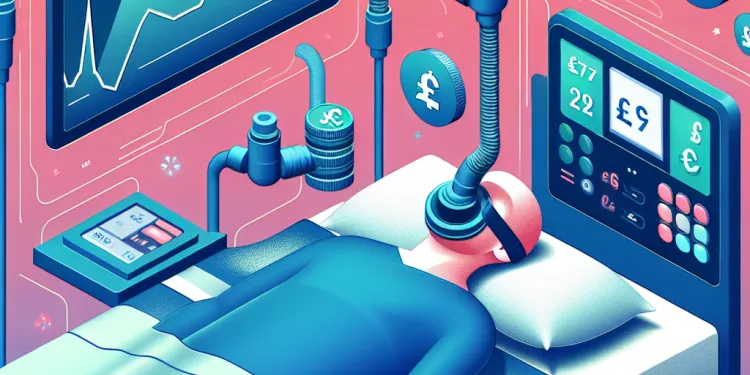
Is CPAP the only treatment for sleep apnea?
Relevance: 75%
-
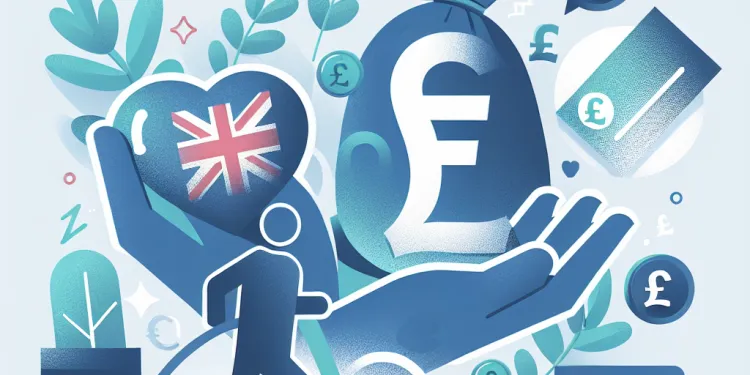
What are risk factors for developing sleep apnea?
Relevance: 73%
-
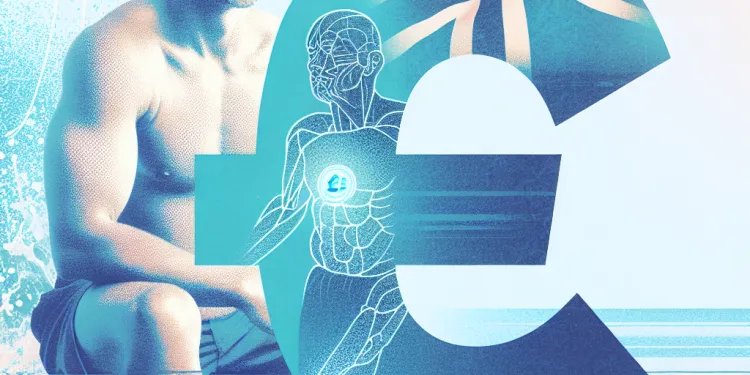
Can weight loss improve sleep apnea?
Relevance: 73%
-
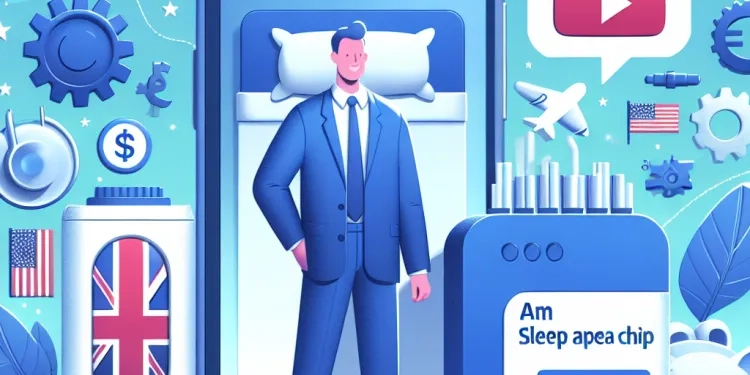
Am I eligible to try the new sleep apnea chip?
Relevance: 72%
-

How does the new Sleep Apnea Chip work?
Relevance: 69%
-

What lifestyle changes can help manage sleep apnea?
Relevance: 69%
-
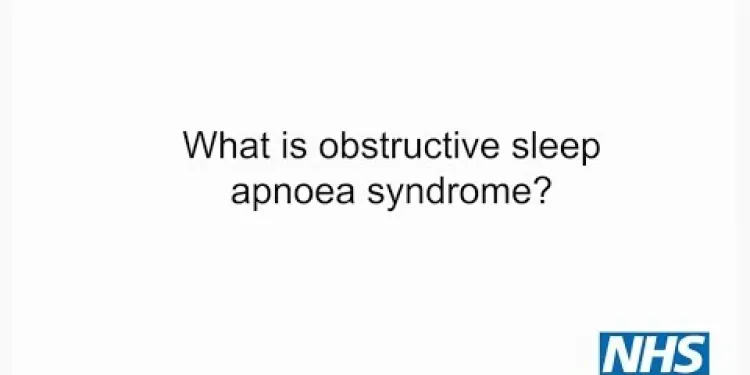
Introduction to obstructive sleep apnoea
Relevance: 58%
-
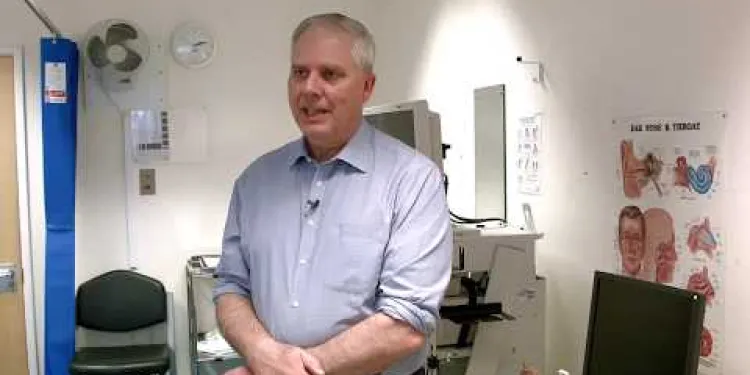
Evidence-Based Interventions: snoring surgery in the absence of Obstructive Sleep Apnoea (OSA)
Relevance: 53%
-
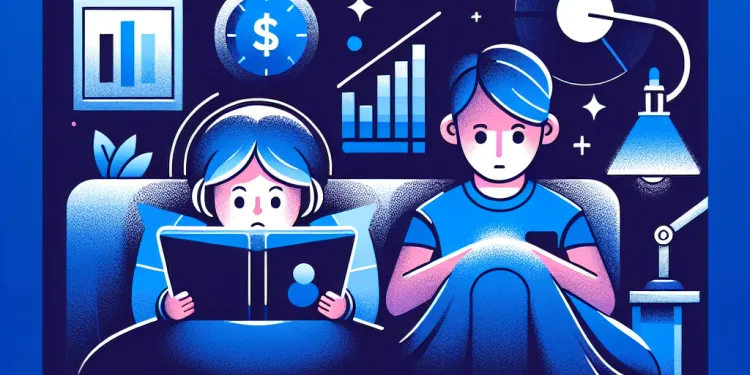
Are children more affected by screen time in relation to sleep than adults?
Relevance: 47%
-
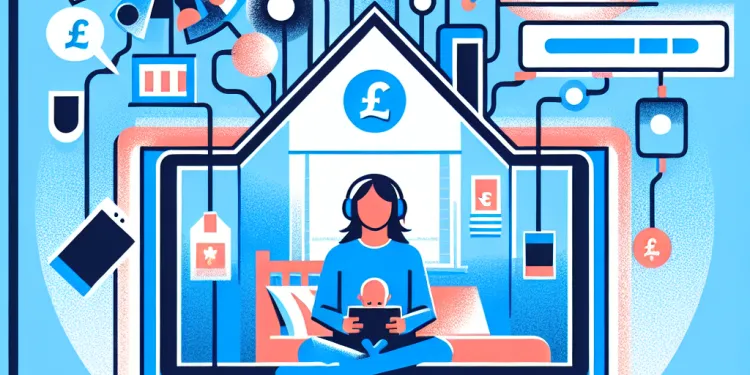
What is the role of parental monitoring in children's screen time and sleep?
Relevance: 46%
-
What is sleep apnoea?
Relevance: 41%
-
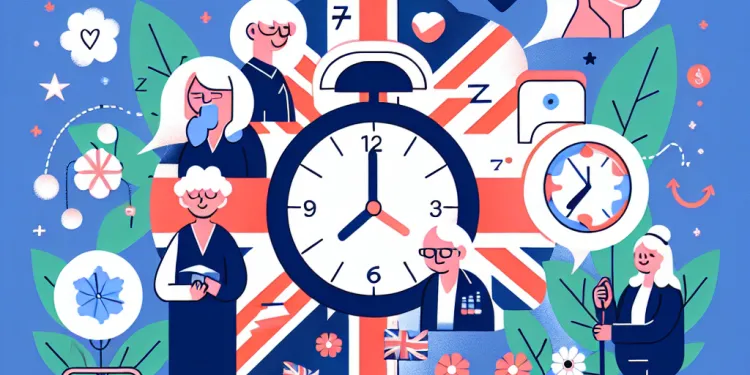
The Importance of Sleep for All Ages
Relevance: 41%
-
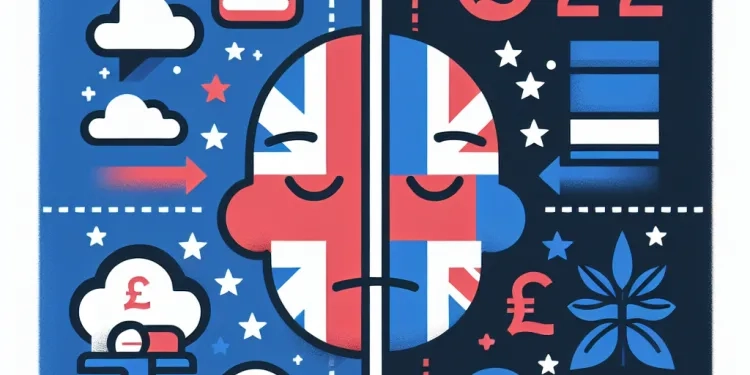
How does central sleep apnea differ from obstructive sleep apnea?
Relevance: 38%
-
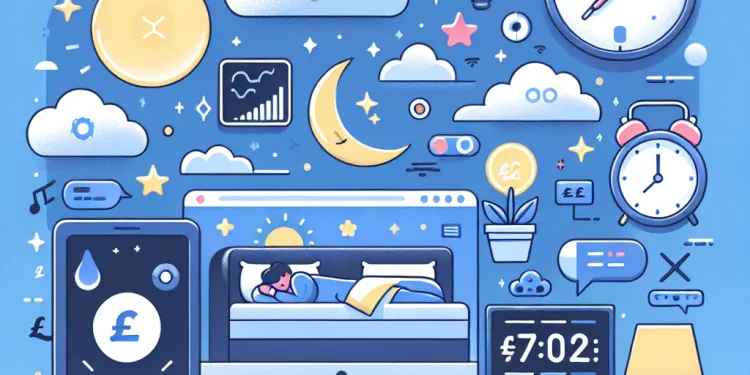
Does screen time affect both sleep onset and sleep maintenance?
Relevance: 36%
-

How does sleep quality relate to menopause symptoms?
Relevance: 33%
-

How does screen time affect sleep quality?
Relevance: 33%
-
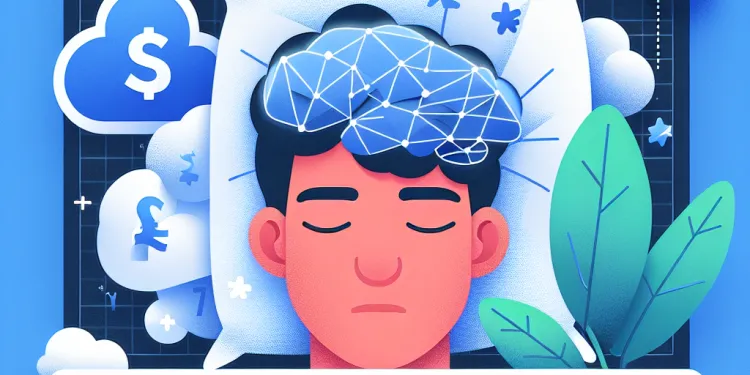
Is it safe to sleep after a concussion?
Relevance: 32%
-
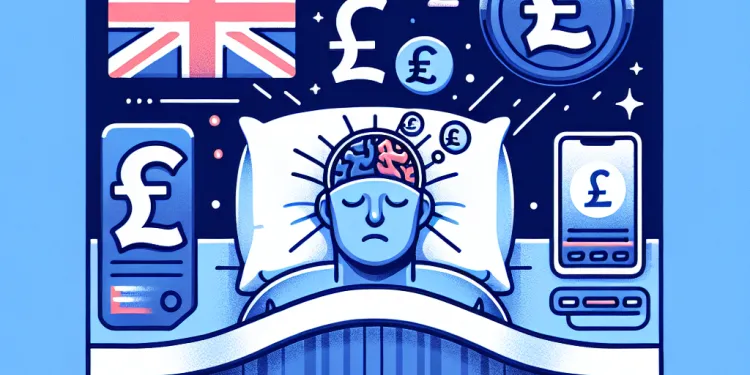
Is it safe to sleep after a concussion?
Relevance: 32%
-
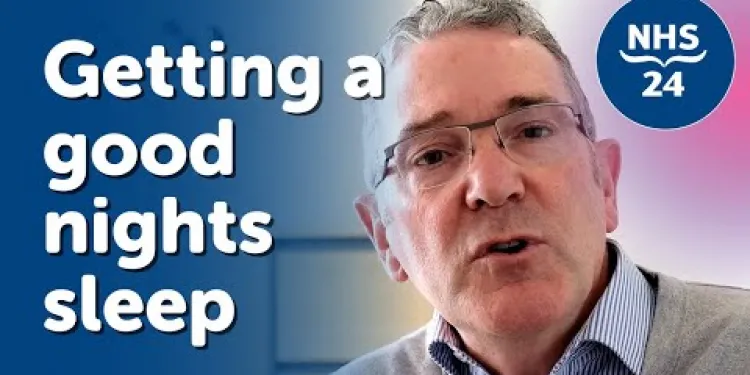
Top Tips to Help You Get a Good Nights Sleep
Relevance: 32%
-
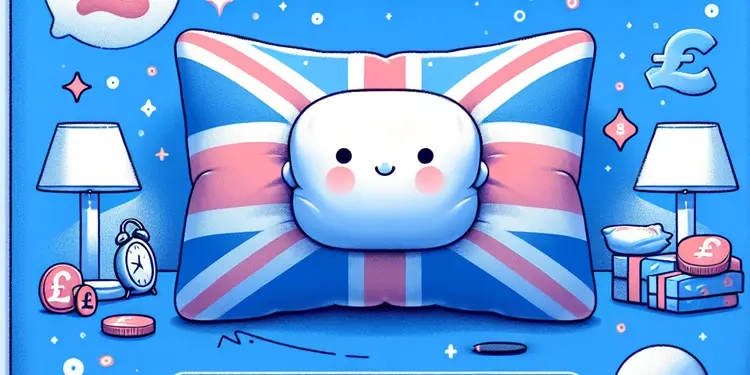
Are baby sleep pillows safe?
Relevance: 31%
-
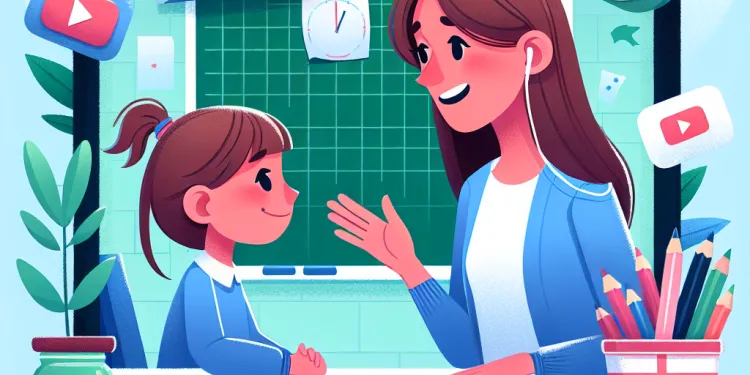
Understanding Mental Health in Children
Relevance: 30%
-
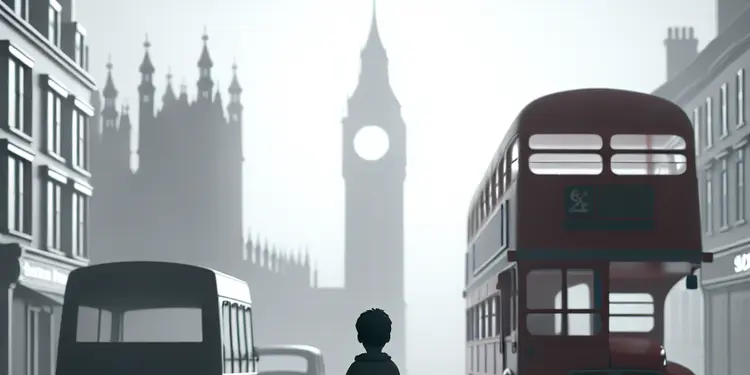
Can children develop chronic fatigue syndrome?
Relevance: 30%
-
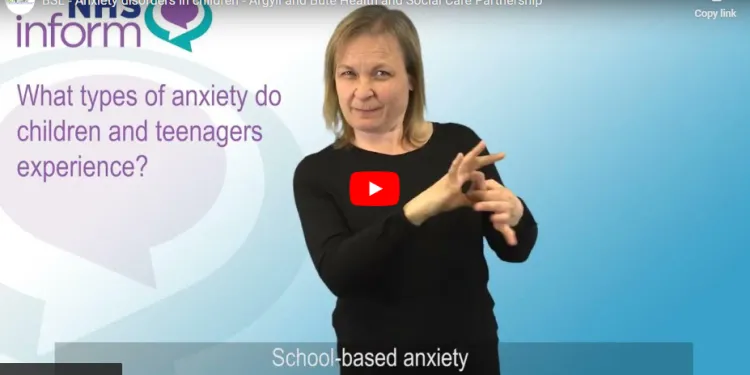
What type of anxiety do children and teenagers experience?
Relevance: 30%
Understanding Sleep Apnea in Children
Sleep apnea is a condition more commonly associated with adults, particularly those who are overweight or older. However, it can also affect children. This sleep disorder is characterized by brief interruptions in breathing or periods of shallow breathing during sleep. For children, this can lead to a variety of issues, including disrupted sleep patterns and other health complications.
Symptoms of Sleep Apnea in Children
The symptoms of sleep apnea in children may differ slightly from those typically seen in adults. Common signs include loud snoring, pauses in breathing, restlessness during sleep, and frequent waking up during the night. Additionally, children might exhibit symptoms during the day such as hyperactivity, attention problems, or excessive daytime sleepiness. Parents may also notice their child is having difficulty waking up or appears unusually tired throughout the day.
Causes of Sleep Apnea in Children
There are several factors that can contribute to sleep apnea in children. The most prevalent cause is enlarged tonsils or adenoids, which can block the airway during sleep. Other contributing factors can include obesity, certain medical conditions like Down syndrome or cerebral palsy, and family history of sleep apnea. Allergies or other respiratory issues that cause nasal congestion might also play a role.
Diagnosis and Treatment
If sleep apnea is suspected in a child, it is crucial to consult a healthcare provider. A common diagnostic tool is a sleep study, known as polysomnography, which monitors a child's sleep patterns, breathing, and oxygen levels throughout the night. Treatment will depend on the underlying cause and severity of the condition. In many cases, removing enlarged tonsils and adenoids can resolve the issue. For children who are overweight, weight management may be recommended. Continuous Positive Airway Pressure (CPAP) machines are also sometimes used to keep the airway open during sleep.
Importance of Addressing Sleep Apnea in Children
Addressing sleep apnea in children is essential as it can have significant impacts on their physical health, cognitive development, and overall quality of life. Untreated sleep apnea can lead to developmental delays, learning difficulties, and behavioural problems. Moreover, chronic sleep deprivation can affect a child's mood, growth, and immune system. Early diagnosis and treatment can prevent these complications and improve a child's sleep, behaviour, and academic performance.
Conclusion
Sleep apnea is a serious condition that can affect children, although it often goes unrecognized. Parents should be aware of the symptoms and seek medical advice if sleep apnea is suspected. With appropriate treatment, children can improve their quality of sleep and avoid the potential long-term consequences associated with this condition.
Understanding Sleep Apnea in Children
Sleep apnea is a problem where breathing stops or gets very shallow during sleep. It is more common in adults, but kids can have it too. This can make kids sleep poorly and cause other health problems.
Symptoms of Sleep Apnea in Children
Kids with sleep apnea may snore loudly, stop breathing, toss and turn a lot, or wake up often during the night. During the day, they might be very active, have trouble paying attention, or feel very sleepy. They might also have a hard time waking up or seem tired all day.
Causes of Sleep Apnea in Children
Lots of things can cause sleep apnea in kids. Big tonsils or adenoids can block their airway. Being overweight can also be a reason. Other causes include health conditions like Down syndrome, cerebral palsy, and having family members with sleep apnea. Allergies or breathing problems like a stuffy nose can also make it worse.
Diagnosis and Treatment
If you think your child might have sleep apnea, it's important to talk to a doctor. The doctor might do a sleep study where they watch your child sleep to see what's happening. Depending on what is causing the problem, different treatments can help. Sometimes removing big tonsils or adenoids can fix it. If the child is overweight, losing weight might help. And using a CPAP machine can keep the airway open at night.
Importance of Addressing Sleep Apnea in Children
Fixing sleep apnea in kids is very important. It can affect their health, learning, and how they behave. If not treated, it can cause problems like learning delays and mood issues. It can also affect how they grow and fight off sicknesses. Early treatment can make a big difference in how they feel and do at school.
Conclusion
Sleep apnea is a real problem for kids even if it is not always easy to spot. Parents should know the signs and see a doctor if they think their child has sleep apnea. Treating it can help kids sleep better and prevent problems in the future.
Frequently Asked Questions
What is sleep apnea in children?
Sleep apnea in children is a sleep disorder characterized by pauses in breathing or shallow breaths during sleep, which can affect the quality of their rest and lead to other health issues.
What are the signs of sleep apnea in children?
Signs of sleep apnea in children include loud snoring, gasping or choking during sleep, restless sleep, daytime sleepiness, difficulty waking up, and behavioral issues.
Can sleep apnea affect a child's behavior?
Yes, sleep apnea can affect a child's behavior. It can lead to hyperactivity, irritability, and difficulties with attention and concentration.
What causes sleep apnea in children?
Common causes of sleep apnea in children include enlarged tonsils or adenoids, obesity, or certain medical conditions like craniofacial abnormalities.
How is sleep apnea diagnosed in children?
Sleep apnea is diagnosed in children through a sleep study, called polysomnography, which measures various physiological parameters during sleep to assess breathing issues.
How common is sleep apnea in children?
Sleep apnea is relatively common among children, affecting approximately 1-4% of children in various age groups.
What are the treatment options for sleep apnea in children?
Treatment options can include adenotonsillectomy (removal of tonsils and adenoids), continuous positive airway pressure (CPAP), lifestyle changes, or weight management if obesity is a factor.
Can sleep apnea impact a child's school performance?
Yes, sleep apnea can impact a child's school performance by affecting their attention span, memory, and overall cognitive functions due to disrupted sleep.
Can allergies contribute to sleep apnea in children?
Yes, allergies can contribute to sleep apnea by causing nasal congestion or swelling of the adenoids, which can obstruct the airway during sleep.
Is sleep apnea in children a serious condition?
Sleep apnea can be serious as it affects oxygen supply and disrupts sleep, potentially leading to developmental, behavioral, and cardiovascular issues if left untreated.
Are certain children more at risk for sleep apnea?
Children with enlarged tonsils or adenoids, obesity, craniofacial abnormalities, or a family history of sleep apnea are more at risk.
Can sleep position affect sleep apnea in children?
Yes, sleep position can affect sleep apnea. Sleeping on the back can worsen symptoms as it might promote airway obstruction.
Are home sleep apnea tests available for children?
Home sleep apnea tests are less common for children, and an in-lab sleep study is often preferred to get a comprehensive assessment.
How can parents help manage their child's sleep apnea?
Parents can help by ensuring adherence to treatment plans, encouraging healthy lifestyle habits, and setting a regular sleep schedule.
Can untreated sleep apnea in children lead to other health issues?
Yes, untreated sleep apnea can lead to cardiovascular problems, growth delays, learning difficulties, and behavioral issues.
Is surgery always required for sleep apnea in children?
Surgery is not always required. It depends on the cause and severity. Other treatments like CPAP or lifestyle changes may be effective.
Do children outgrow sleep apnea?
Some children may outgrow sleep apnea, especially if it is related to enlarged tonsils or adenoids, which can shrink over time. However, medical evaluation is important.
Are there lifestyle changes that can help with sleep apnea in children?
Yes, weight management, avoiding allergens, and establishing a good sleep routine can help manage sleep apnea symptoms.
Can a family history of sleep apnea affect a child?
Yes, there is a genetic component to sleep apnea, so a family history can increase the likelihood of sleep apnea in children.
What follow-up care is needed for a child with sleep apnea?
Regular follow-up with healthcare providers is important to monitor the condition, ensure treatment effectiveness, and make any necessary adjustments.
What is sleep apnea in children?
Sleep apnea is when a child stops breathing for a short time while sleeping. It can make them snore loudly or gasp for air.
Children with sleep apnea might feel very sleepy during the day, and they might have trouble paying attention.
If you think a child has sleep apnea, it is important to talk to a doctor.
You can use a bedtime routine to help the child sleep better. Try reading a calm story or listening to soft music before bed.
Sleep apnea in children is a sleep problem. It means stopping breathing or breathing lightly when sleeping. This can make their sleep not as good and cause other health problems.
What are the signs that a child has sleep apnea?
Look for these signs of sleep problems in children:
- Loud snoring
- Gasping or choking while sleeping
- Tossing and turning in bed
- Feeling very sleepy during the day
- Having trouble waking up in the morning
- Behavior problems
Parents can try using a white noise machine to help with better sleep. A regular bedtime routine can also help kids sleep better.
Can sleep problems change how a child acts?
Yes, sleep apnea can change how a child behaves. It can make them very active, grumpy, and have trouble paying attention and focusing.
Why do kids get sleep apnea?
Sleep apnea is when you stop breathing for short times while asleep. Kids can get it too.
Some reasons kids might have sleep apnea:
- Big tonsils or adenoids: These are at the back of your throat and can block your breathing.
- Being overweight: Extra weight can make it hard to breathe.
- Face shape: Some kids have different shapes that make breathing harder.
- Family history: If someone else in the family has it, kids might have it too.
If you think a child has sleep apnea, a doctor can help. They might do special tests.
Tools and tips:
- Use simple words when talking about sleep apnea.
- Draw pictures to show how it works.
- Ask someone you trust to help explain the big words.
Sleep apnea can make it hard for kids to breathe while sleeping.
There are different reasons why this happens:
1. Big tonsils or adenoids (these are inside the throat).
2. Being very overweight.
3. Some health problems that affect the face or head.
If you think a child has sleep apnea, talking to a doctor is important. They can help find out what’s wrong and make it better.
How do doctors know if a child has sleep apnea?
Doctors watch how the child sleeps. They might use special machines. This helps them find out if the child has sleep apnea.
Families can keep a sleep diary. Write down how the child sleeps each night. This helps the doctor.
If you are worried about a child's sleep, talk to a doctor.
Doctors find out if kids have sleep apnea by doing a special test called a sleep study. This test checks breathing and other body signals while the child is asleep.
How many kids have sleep apnea?
Some kids have trouble breathing when they sleep. This is called sleep apnea. It happens to about 1 to 4 out of every 100 kids.
How can we help children with sleep apnea?
Sleep apnea means having trouble breathing when sleeping. Here’s how we can help children:
- See a doctor. They can give advice and help.
- Try using a special machine. It helps kids breathe better at night.
- Lose weight if needed. Eating healthy and moving more can help.
- Use special pillows. These can help children sleep better.
- Check allergies. Sometimes, allergies make breathing hard.
Using pictures and stories can help children understand. Parents can also try apps and videos about sleep.
You can get help in different ways. Some people might need an operation to take out their tonsils and adenoids. This is called adenotonsillectomy. Others might use a special machine called CPAP to help them breathe at night.
There are also things you can do in your everyday life to feel better. Eating healthy and getting enough exercise can be important. If being overweight is a problem, losing weight can help too.
If you find reading hard, you can ask someone to read it with you or use tools that read text out loud.
Can not sleeping well affect a child's schoolwork?
If a child has trouble breathing when they sleep, they might not sleep well. This is called sleep apnea.
Poor sleep can make it hard for them to focus and learn in school.
Here are some ways to help:
- Make sure they have a bedtime routine.
- Talk to a doctor for advice and check-ups.
- Use calm sounds or night lights to help them sleep better.
Yes, sleep apnea can make it hard for a child to do well in school. It can cause problems with paying attention, remembering things, and thinking clearly because it stops them from sleeping well.
Can allergies make it hard for kids to breathe in their sleep?
Some kids have allergies that make their nose stuffy. This can make it hard to breathe when they sleep. It might cause them to snore or stop breathing for a little while. This is called sleep apnea.
If you think allergies are causing trouble with sleep, it's good to talk to a doctor. They can help find ways to make it better.
Things that might help:
- Keeping the bedroom clean and dust-free.
- Using special covers for pillows and mattresses.
- Having clean air with a purifier.
Ask for help if you're worried about sleep or breathing problems.
Yes, allergies can make sleep apnea worse. Allergies can block your nose or make the adenoids (lumps of tissue at the back of your nose) swell. This can make it hard to breathe when you sleep.
Is sleep apnea in children a serious problem?
Sleep apnea means a child stops breathing for a short time while sleeping. This can happen many times. It can be bad for their health. It might make them tired and grumpy. They might have a hard time paying attention in school.
If you think your child has sleep apnea, talk to a doctor. A doctor can help and give advice.
Some helpful things to do at home are:
- Make sure your child goes to bed at the same time every night.
- Keep the bedroom quiet and dark for good sleep.
- Try to help your child stay at a healthy weight.
If you need help reading or understanding, ask someone you trust to read with you.
Sleep apnea can be serious. It stops air from getting to the body and wakes you up many times. This can make you feel tired, and it can lead to problems with growing, behaving, and the heart. It's important to get help from a doctor.
Which children are more likely to have sleep problems?
Children with big tonsils or adenoids, those who are overweight, have unusual face shapes, or have family members with sleep apnea are more likely to have the problem.
Does how a child sleeps change their sleep apnea?
Yes, how you sleep can make sleep apnea better or worse. If you sleep on your back, it can make breathing harder because it blocks the throat.
Can kids use sleep tests at home?
Kids usually don’t use home tests for sleep apnea. It's better to do a sleep study in a lab for kids to fully check their sleep.
How can parents help with their child's sleep problems?
Does your child have trouble sleeping? Here are some ways to help:
- Create a bedtime routine. Go to bed at the same time every night.
- Keep the bedroom quiet and dark.
- Avoid watching TV or playing games before bed.
- If your child snores or stops breathing while sleeping, talk to a doctor.
For extra help, you can try:
- Using a nightlight if your child is scared of the dark.
- Reading a bedtime story together.
- Using white noise machines to help your child fall asleep.
Parents can help their children by doing three things:
1. Follow the doctor's plan for treatment. This means doing what the doctor says will help your child feel better.
2. Encourage healthy habits. This means eating good food and getting lots of exercise.
3. Have a regular bedtime. Go to bed and wake up at the same time every day.
Tools that might help are setting reminders for medicine, making a fun chart for good habits, and using a bedtime routine checklist. These can make it easier to remember and follow.
Can sleep apnea in children cause other health problems if not treated?
Does your child have trouble sleeping because of breathing problems? This is called sleep apnea. If sleep apnea is not treated, it can cause other health problems.
If you think your child has sleep apnea, talk to a doctor. The doctor can help find a way to make your child sleep better.
Yes, if sleep apnea is not treated, it can cause heart problems, slow growth, trouble learning, and behavior issues.
Do kids with sleep apnea always need an operation?
No, kids don’t always need an operation for sleep apnea.
Doctors can try other ways first, like:
- Helping kids breathe better with special machines called CPAP.
- Making sure they sleep in a good position.
- Talking to a sleep doctor for more ideas.
It's important to visit a doctor to know what is best for each child.
Surgery is not always needed. It depends on how bad the problem is and what is causing it. Other treatments, like using a CPAP machine or changing your daily habits, might work.
Do Kids Stop Having Sleep Apnea When They Get Older?
Some kids might stop having sleep apnea as they grow up. This can happen if they have big tonsils or adenoids that get smaller over time. But it's really important to see a doctor for help.
Can changes in daily habits help kids with sleep apnea?
Sleep apnea can make it hard for kids to breathe at night. There are some easy things you can do to help.
- Make sure they have a set bedtime and wake-up time every day.
- Turn off screens like TVs, tablets, and phones at least one hour before bed.
- Keep the bedroom quiet and dark.
- Help them eat healthy foods and stay active during the day.
These changes can make sleeping easier for children. It's also a good idea to talk to a doctor for more help.
Yes, there are things you can do to help with sleep apnea. Keeping a healthy weight, staying away from things you are allergic to, and having a good sleep routine can make sleep apnea better.
Does sleep apnea in the family affect children?
Do kids get sleep apnea if their family has it? Sleep apnea is when breathing stops and starts during sleep. If a parent or grandparent has it, a child might have it too.
Talking to a doctor can help. They can see if the child needs help to sleep better. Tools like special pillows, sleep schedules, or breathing machines could be helpful.
Yes, sleep apnea can run in families. If someone in your family has sleep apnea, children in the family might get it too.
What care does a child need after having sleep apnea?
After a child has sleep apnea, they need extra care to feel better. Here are some things that can help:
- Visit the doctor for regular check-ups.
- Make sure they sleep well at night.
- Use a special machine if the doctor says so. It helps them breathe while sleeping.
- Have a bedtime routine: go to bed at the same time every night.
- Eat healthy food and play outside to stay fit.
If you need help, ask the doctor or a nurse. They can show you what to do.
It is important to see your doctor or nurse regularly. They help check how you are doing. They make sure your medicine is working and change it if needed.
Useful Links
This website offers general information and is not a substitute for professional advice.
Always seek guidance from qualified professionals.
If you have any medical concerns or need urgent help, contact a healthcare professional or emergency services immediately.
- Ergsy carfully checks the information in the videos we provide here.
- Videos shown by Youtube after a video has completed, have NOT been reviewed by ERGSY.
- To view, click the arrow in centre of video.
- Most of the videos you find here will have subtitles and/or closed captions available.
- You may need to turn these on, and choose your preferred language.
- Go to the video you'd like to watch.
- If closed captions (CC) are available, settings will be visible on the bottom right of the video player.
- To turn on Captions, click settings .
- To turn off Captions, click settings again.
More Items From Ergsy search
-

Can children have sleep apnea?
Relevance: 100%
-

What is sleep apnoea?
Relevance: 85%
-

What is sleep apnea?
Relevance: 85%
-

How common is sleep apnea?
Relevance: 84%
-

Does sleep apnea occur only in adults?
Relevance: 83%
-

Can sleep apnea be cured?
Relevance: 81%
-

How is sleep apnea diagnosed?
Relevance: 81%
-

Why is sleep apnea dangerous?
Relevance: 79%
-

What are the main types of sleep apnea?
Relevance: 78%
-

What are common symptoms of sleep apnea?
Relevance: 78%
-

What is complex sleep apnea syndrome?
Relevance: 78%
-

Is snoring always a sign of sleep apnea?
Relevance: 77%
-

What causes obstructive sleep apnea?
Relevance: 76%
-

Can alcohol worsen sleep apnea?
Relevance: 76%
-

What is complex sleep apnea syndrome?
Relevance: 75%
-

What should I do if I suspect I have sleep apnea?
Relevance: 75%
-

What treatments are available for sleep apnea?
Relevance: 75%
-

Is CPAP the only treatment for sleep apnea?
Relevance: 75%
-

What are risk factors for developing sleep apnea?
Relevance: 73%
-

Can weight loss improve sleep apnea?
Relevance: 73%
-

Am I eligible to try the new sleep apnea chip?
Relevance: 72%
-

How does the new Sleep Apnea Chip work?
Relevance: 69%
-

What lifestyle changes can help manage sleep apnea?
Relevance: 69%
-

Introduction to obstructive sleep apnoea
Relevance: 58%
-

Evidence-Based Interventions: snoring surgery in the absence of Obstructive Sleep Apnoea (OSA)
Relevance: 53%
-

Are children more affected by screen time in relation to sleep than adults?
Relevance: 47%
-

What is the role of parental monitoring in children's screen time and sleep?
Relevance: 46%
-
What is sleep apnoea?
Relevance: 41%
-

The Importance of Sleep for All Ages
Relevance: 41%
-

How does central sleep apnea differ from obstructive sleep apnea?
Relevance: 38%
-

Does screen time affect both sleep onset and sleep maintenance?
Relevance: 36%
-

How does sleep quality relate to menopause symptoms?
Relevance: 33%
-

How does screen time affect sleep quality?
Relevance: 33%
-

Is it safe to sleep after a concussion?
Relevance: 32%
-

Is it safe to sleep after a concussion?
Relevance: 32%
-

Top Tips to Help You Get a Good Nights Sleep
Relevance: 32%
-

Are baby sleep pillows safe?
Relevance: 31%
-

Understanding Mental Health in Children
Relevance: 30%
-

Can children develop chronic fatigue syndrome?
Relevance: 30%
-

What type of anxiety do children and teenagers experience?
Relevance: 30%


